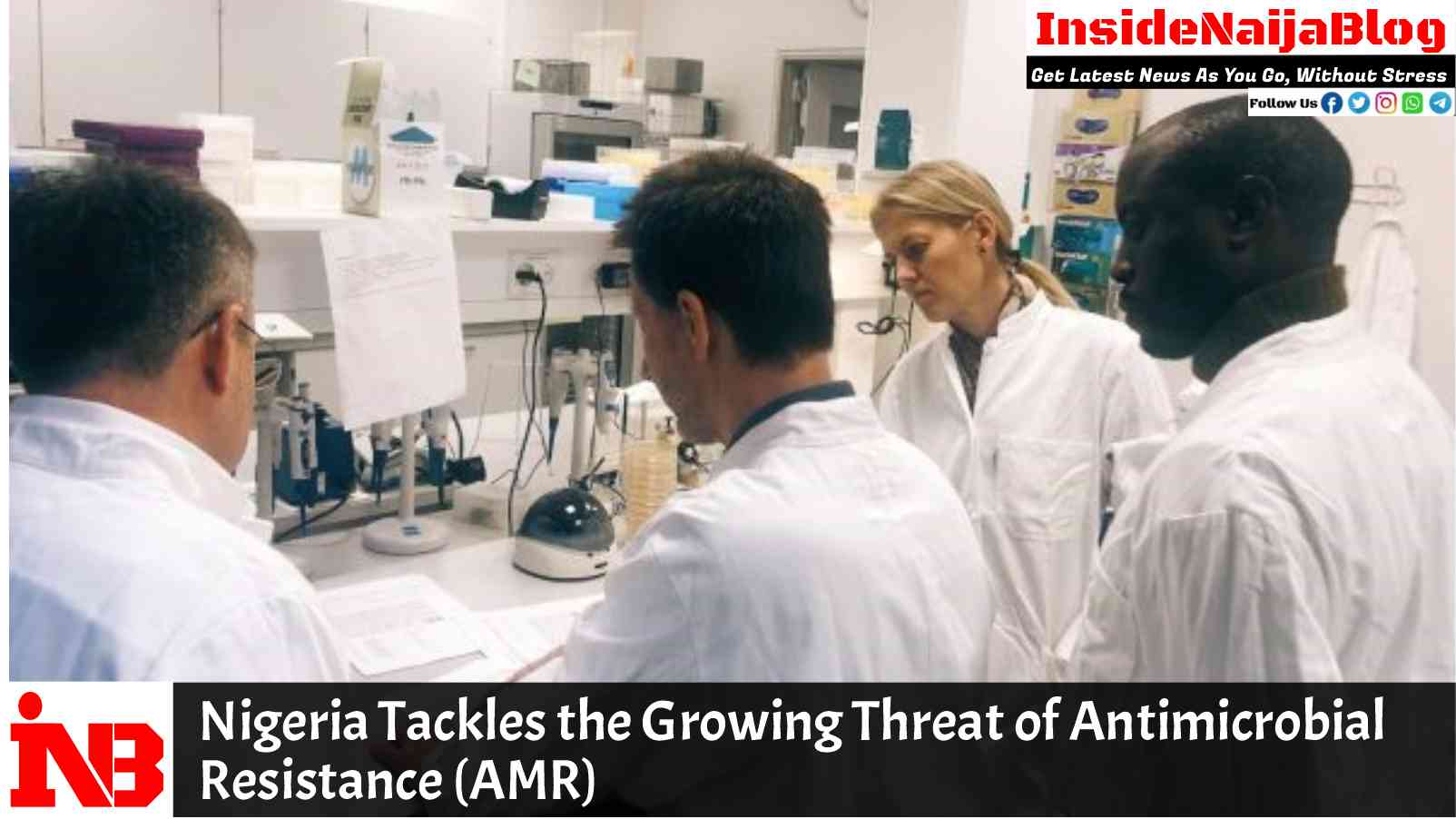To curb the transmission of HIV from mothers to newborns, the Lagos State Ministry of Health, in collaboration with the Saving One Million Lives Programme for Results (SOMLPforR), has trained 330 healthcare workers on the prevention of mother-to-child transmission (PMTCT) of HIV.
The two-day training focused on equipping participants with the necessary skills to manage HIV-positive pregnant women, ensure early infant diagnosis, and provide postpartum treatment. The program targeted three key groups: healthcare workers, mentor mothers, and laboratory personnel.
Healthcare providers received training on linking HIV-positive pregnant women from traditional birth attendants (TBAs) to PMTCT programs. Mentor mothers, who are also living with HIV, were trained to provide psychosocial support and ensure adherence to HIV care. Laboratory personnel were trained in early infant diagnosis, covering sample collection, storage, and transportation.
Dr. Mazeedat Erinosho, Programme Manager of SOMLPforR, emphasized that Lagos State has over 60 PMTCT sites where mentor mothers ensure HIV-positive pregnant women receive appropriate care. She stated that the initiative was a critical step in reducing maternal and infant HIV transmission rates.
Dr. Victoria Egunjobi, Director of Disease Control at the Lagos State Ministry of Health, reiterated the government’s commitment to quality HIV services, stressing that HIV is now being treated as a chronic illness requiring continuous care.
Dr. Oladipupo Fisher, Lagos State Programme Coordinator for HIV, highlighted that the training engaged 120 healthcare workers, 120 laboratory technicians, and 90 mentor mothers. The structured approach aims to improve service delivery and significantly reduce vertical HIV transmission rates.
Fisher outlined the process, which begins with testing pregnant women during antenatal care. Those who test positive are enrolled in the PMTCT program, placed on antiretroviral therapy, and closely monitored throughout pregnancy and delivery. Specialized delivery procedures minimize the risk of transmission, and newborns receive immediate care based on strict protocols.
He further emphasized the crucial role of laboratory officers in early infant diagnosis, particularly in handling Dried Blood Spot (DBS) samples. This ensures accurate results and better decision-making for newborns exposed to HIV.
The mentor mothers play a vital role in guiding HIV-positive pregnant women through their treatment journey, reassuring them that they can give birth to HIV-free babies. They provide psychosocial support, ensure adherence to antiretroviral therapy, and help mothers make informed choices regarding breastfeeding or formula feeding.
Postnatal follow-up remains essential, with early infant diagnosis tests conducted at six weeks. Newborns are placed on antiretroviral medication from birth to prevent transmission, with continuous monitoring to improve health outcomes.
Participants praised the training for its impact on their professional development. Dr. Adigun Ololade, a Clinical Medical Officer at the General Hospital, Gbagada, noted that the training helped identify gaps in current care practices. He pledged to implement improved HIV care services for children, aligning with USAID’s goal of ensuring no child is left behind in HIV care.




